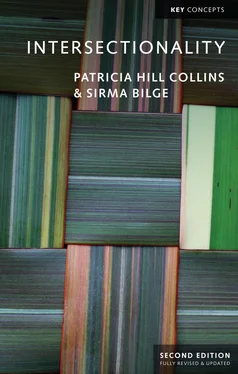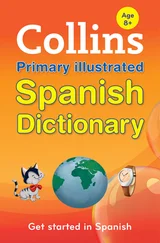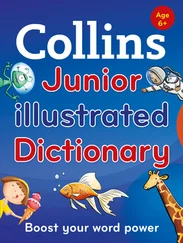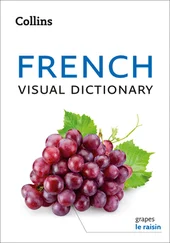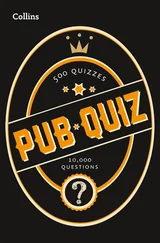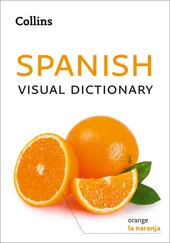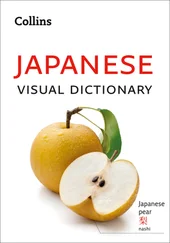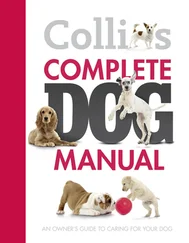Steve Fenton, Ethnicity, 2nd edition
Katrin Flikschuh, Freedom
Michael Freeman, Human Rights, 3rd edition
Russell Hardin, Trust
Geoffrey Ingham, Capitalism
Fred Inglis, Culture
Robert H. Jackson, Sovereignty
Jennifer Jackson Preece, Minority Rights
Gill Jones, Youth
Paul Kelly, Liberalism
Anne Mette Kjær, Governance
Ruth Lister, Poverty
Jon Mandle, Global Justice
Cillian McBride, Recognition
Anthony Payne and Nicola Phillips, Development
Judith Phillips, Care
Chris Phillipson, Ageing
Robert Reiner, Crime
Michael Saward, Democracy
William E. Scheuerman, Civil Disobedience
John Scott, Power
Timothy J. Sinclair, Global Governance
Anthony D. Smith, Nationalism , 2nd edition
Deborah Stevenson, The City
Leslie Paul Thiele, Sustainability, 2nd edition
Steven Peter Vallas, Work
Stuart White, Equality
Michael Wyness, Childhood
2nd edition
Patricia Hill Collins and Sirma Bilge
polity
Copyright © Patricia Hill Collins and Sirma Bilge 2020
The right of Patricia Hill Collins and Sirma Bilge to be identified as Authors of this Work has been asserted in accordance with the UK Copyright, Designs and Patents Act 1988.
First edition published in 2016 by Polity Press
This second edition first published in 2020 by Polity Press
Polity Press
65 Bridge Street
Cambridge CB2 1UR, UK
Polity Press
101 Station Landing
Suite 300
Medford, MA 02155, USA
All rights reserved. Except for the quotation of short passages for the purpose of criticism and review, no part of this publication may be reproduced, stored in a retrieval system or transmitted, in any form or by any means, electronic, mechanical, photocopying, recording or otherwise, without the prior permission of the publisher.
ISBN-13: 978-1-5095-3969-7
A catalogue record for this book is available from the British Library.
Library of Congress Cataloging-in-Publication Data
Names: Hill Collins, Patricia, author. | Bilge, Sirma, author.
Title: Intersectionality / Patricia Hill Collins and Sirma Bilge.
Description: Second edition. | Cambridge, UK ; Medford, MA : Polity Press, 2020. | Series: Key concepts | Includes bibliographical references and index. | Summary: “In this fully revised and expanded second edition of their popular text, Hill Collins and Bilge provide a much-needed introduction to the field of intersectional knowledge and praxis for students new to the field”-- Provided by publisher.
Identifiers: LCCN 2019036788 (print) | LCCN 2019036789 (ebook) | ISBN 9781509539673 (hardback) | ISBN 9781509539680 (paperback) | ISBN 9781509539697 (epub)
Subjects: LCSH: Intersectionality (Sociology) | Critical theory. | Sociology. | Interdisciplinary research.
Classification: LCC HM488.5 .H55 2020 (print) | LCC HM488.5 (ebook) | DDC 301--dc23
LC record available at https://lccn.loc.gov/2019036788
LC ebook record available at https://lccn.loc.gov/2019036789
The publisher has used its best endeavours to ensure that the URLs for external websites referred to in this book are correct and active at the time of going to press. However, the publisher has no responsibility for the websites and can make no guarantee that a site will remain live or that the content is or will remain appropriate.
Every effort has been made to trace all copyright holders, but if any have been overlooked the publisher will be pleased to include any necessary credits in any subsequent reprint or edition.
For further information on Polity, visit our website: politybooks.com
AAPFAfrican American Policy ForumAIWAAsian Immigrant Women AdvocatesAWUCAsian Women United of CaliforniaBIWOCblack, indigenous, and women of colorCBSACanadian Border Security AgencyCRCCombahee River CollectiveEUEuropean UnionFIFAFédération Internationale de Football Association (International Federation of Association Football)IACHRInter-American Commission on Human RightsIAFIndustrial Areas Foundation (Texas)IAHRSIntersectionality in the Inter-American Human Rights SystemIBPAIntersectionality-Based Policy AnalysisICTinformation and communications technologyIMFInternational Monetary FundISAInternational Sociological AssociationLGBTQlesbian, gay, bisexual, transgender, queerMBKMy Brother’s KeeperNBFONational Black Feminist OrganizationNGOnongovernmental organizationOASOrganization of American StatesOECDOrganization for Economic Cooperation and DevelopmentOWAADOrganization of Women of Asian and African DescentPARparticipatory action researchSFNMStrong Families of New MexicoSTEMscience, technology, engineering, and mathematicsUNUnited NationsUSSFUnited States Soccer FederationWCARWorld Conference Against RacismWIRWorld Inequality ReportWNBAWomen’s National Basketball AssociationYWUYoung Women United
The time is right for this new edition of our book. People around the world face new and unprecedented social issues concerning the environment, women’s reproductive issues, the resurgence of far-right politics, food security, militarism, and migration. This context of global social change is a major catalyst for this new edition, in which we revisit and sharpen our analyses of intersectionality. In making our revisions, we opted to leave the structure of the original book intact and instead deepen our main arguments and conclusions by providing new case studies, updating information, and placing more emphasis on global issues. We make intersectionality’s growing global reach more visible and, by doing so, highlight its analytical and political usefulness for addressing important social issues.
This new edition continues our process of developing ideas in conversation and writing collaboratively. Intersectionality mandates doing this kind of dialogical intellectual work. Because our collaboration can be taken as an example of intersectionality’s global reach, we thought we would share a bit about our process. We first met in 2006 in Durban, South Africa, at the 16th World Congress of Sociology, the first meeting of this international group of delegates from more than 150 countries to be held in continental Africa. Patricia was a keynote speaker early on in the week-long event, and Sirma, a new assistant professor, was a presenter in the intersectionality session organized by Nira Yuval-Davis. By happy coincidence, we took the same bus on a field trip to the Kwa Muhle Apartheid Museum and to townships that bore the effects of apartheid. We had our first – albeit all too brief – conversation during that tour. Six years later, we met again at the 6th International Congress of French-Speaking Feminist Research (Congrès international des recherches féministes francophones) in Lausanne, Switzerland. This grouping had been meeting since the mid-1990s in different cities across the French-speaking world, from Paris to Dakar to Rabat to Ottawa. The Lausanne conference, with its theme “Interlocking power relations and the discriminations and privileges based on gender, race, class and sexuality,” brought together some 610 delegates, feminist scholars, and activists from Europe, Africa, the Americas, and the Middle East. This time, we were both on keynote panels. Afterwards, we struck up a conversation that we continued during a visit to the Musée de l’art brut, a small but striking museum that contained work by groups that had been considered outsiders, such as the art of psychiatric inmates. During this visit, we discovered that we shared similar perspectives not just on the conference and our sensibilities concerning intersectionality; we learned that Sirma is a painter, that Patricia is a dancer, and that the arts infuse our intersectional sensibilities. While we didn’t know it then, our collaboration for this book had already begun.
Читать дальше
